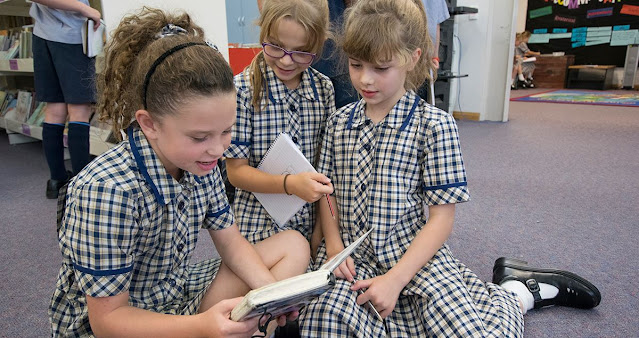Writers And The Art of Eavesdropping
I once suggested to a class of young writers that if they
were looking for writing ideas, they should practice the art of eavesdropping
and listen for snatches of conversation that regularly float past. -Words of
wonder that hang in the air, waiting to be rounded up and written down. The playground, the park, shopping malls are all great places to harvest such wondrous words.
A boy looked at me quizzically, before informing me his
parents had told him it was impolite to listen in to other people’s
conversations. I then recalled my own collection of parent tapes. I have a host
of ancient messages swirling around in my brain, reminding me such things
as, -small children should not be listening to
adult conversations!
I tried to re-assure him that as writers we enjoy a special
exemption, so long as we are tactful when listening. He remain a little unconvinced.
Poet, Naomi Shihab Nye backed my position on this issue of
listening in when she wrote:
‘ I have
also kept notebooks of things other people say –even people I don’t know, in
airports, on trains. Students in lunch room lines at schools. Sometimes these quotes
are very mysterious, or intriguing, and will lead us somewhere else. I have a
whole notebook filled with quotes by n old friend of mine named Kerry. When we
have trouble thinking of a beginning for a piece of writing, we may struggle to
come up with a line from our own minds; an idea. We might be better starting
with a line we have heard, letting it be an invitation into a piece.’
So, with this endorsement ringing in my ears, I will push
ahead with my listening in; my eaves dropping. Writers write with their ears.
Mine are tuned to the world around me and remain on alert, ready to receive.
It turns out that even bees eavesdrop. They have learnt to
save time looking for pollen by avoiding visiting places depleted by other
species. They listen in and use pheromones to alert them to such information.
Student writers should be encouraged to add eavesdropping to
their ever increasing writer’s armory. We need to show them how we use it to
inform our own writing, so they can make use of it when attempting to employ
effective dialogue. My notebooks are full of wondrous sound bites. While having
a coffee today, I overheard the following snatches of conversation.
‘What did you do with
that pen I lent you two days ago?’
‘We used to collect
spiders in jars from the different places we visited because our son was doing
a project on spiders. How’s that for dedication?’
‘I love you, even if
you are a derr-brain!’
‘I like being the
boss. If I were in charge of the world, I’d fix things immediately.'
They are now stored in my notebook, awaiting deployment.
‘Learn
to listen wherever you are.’
Ralph Fletcher.





Comments
Post a Comment